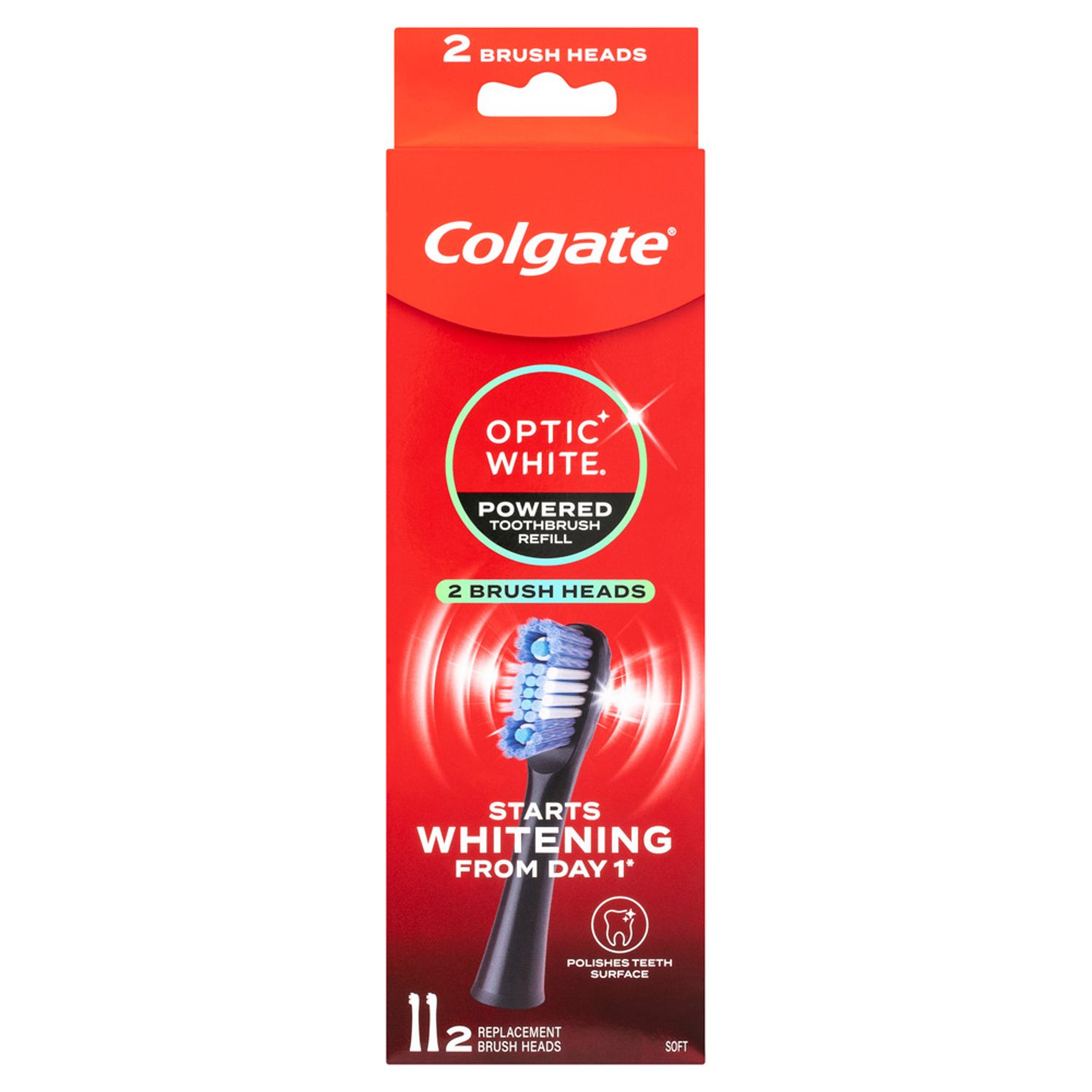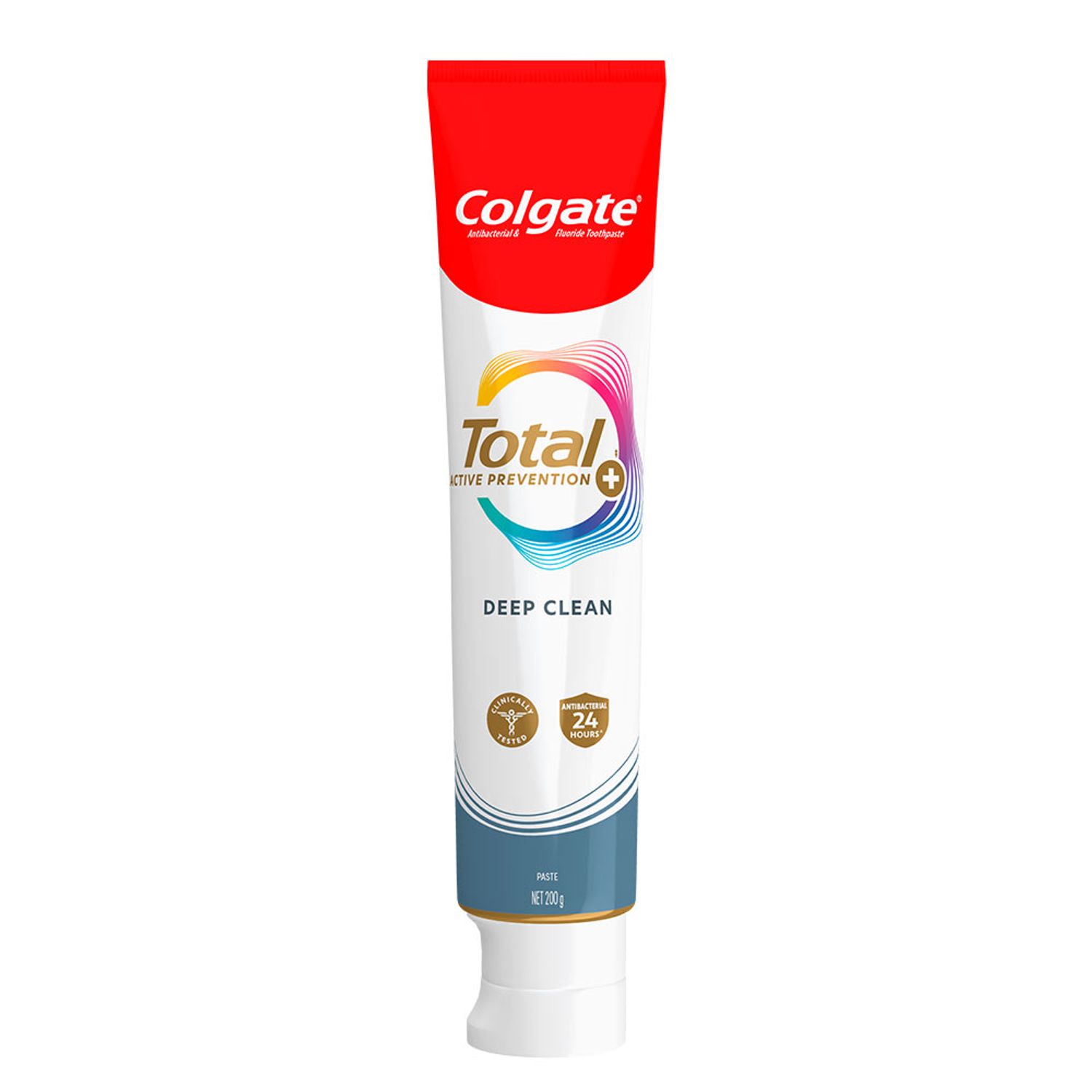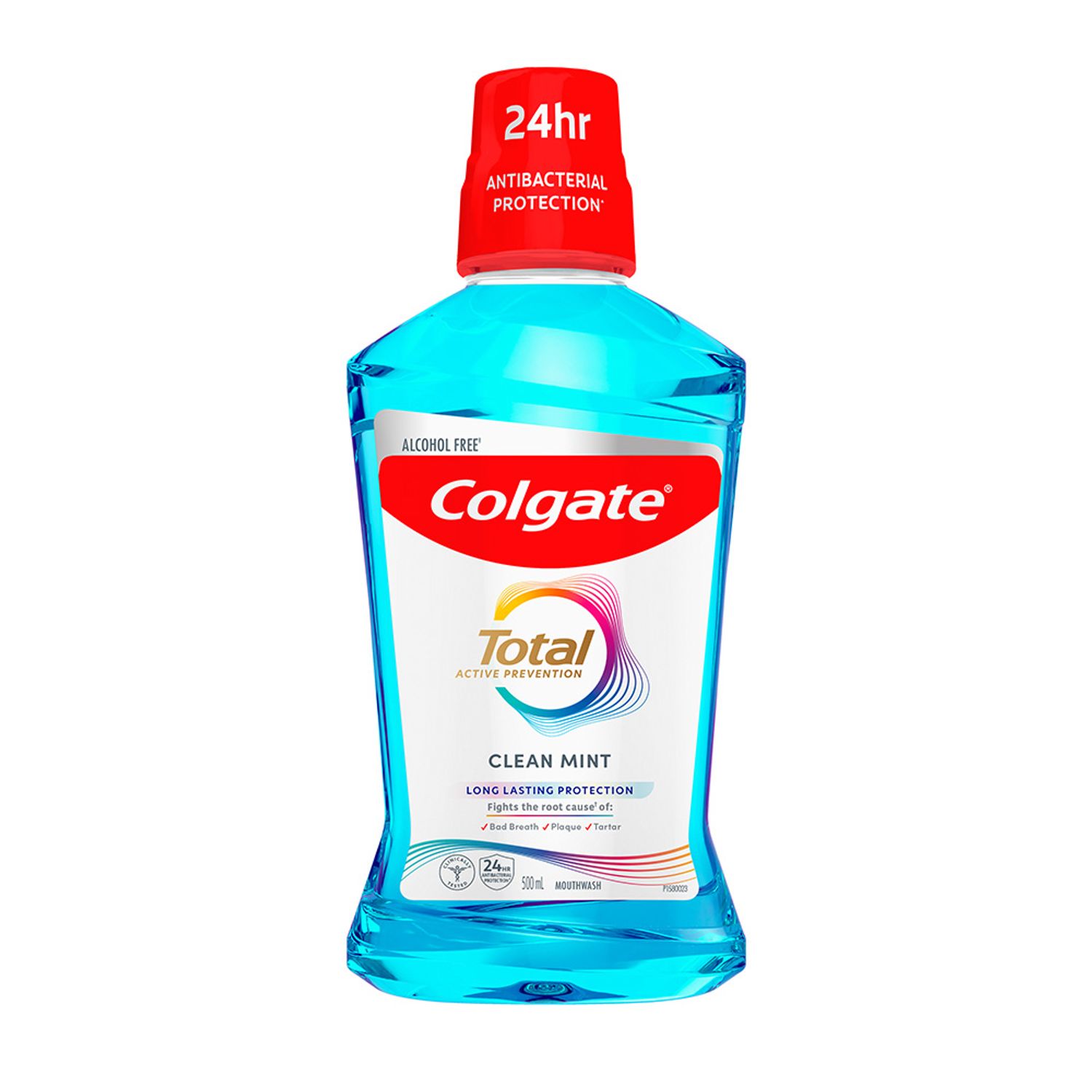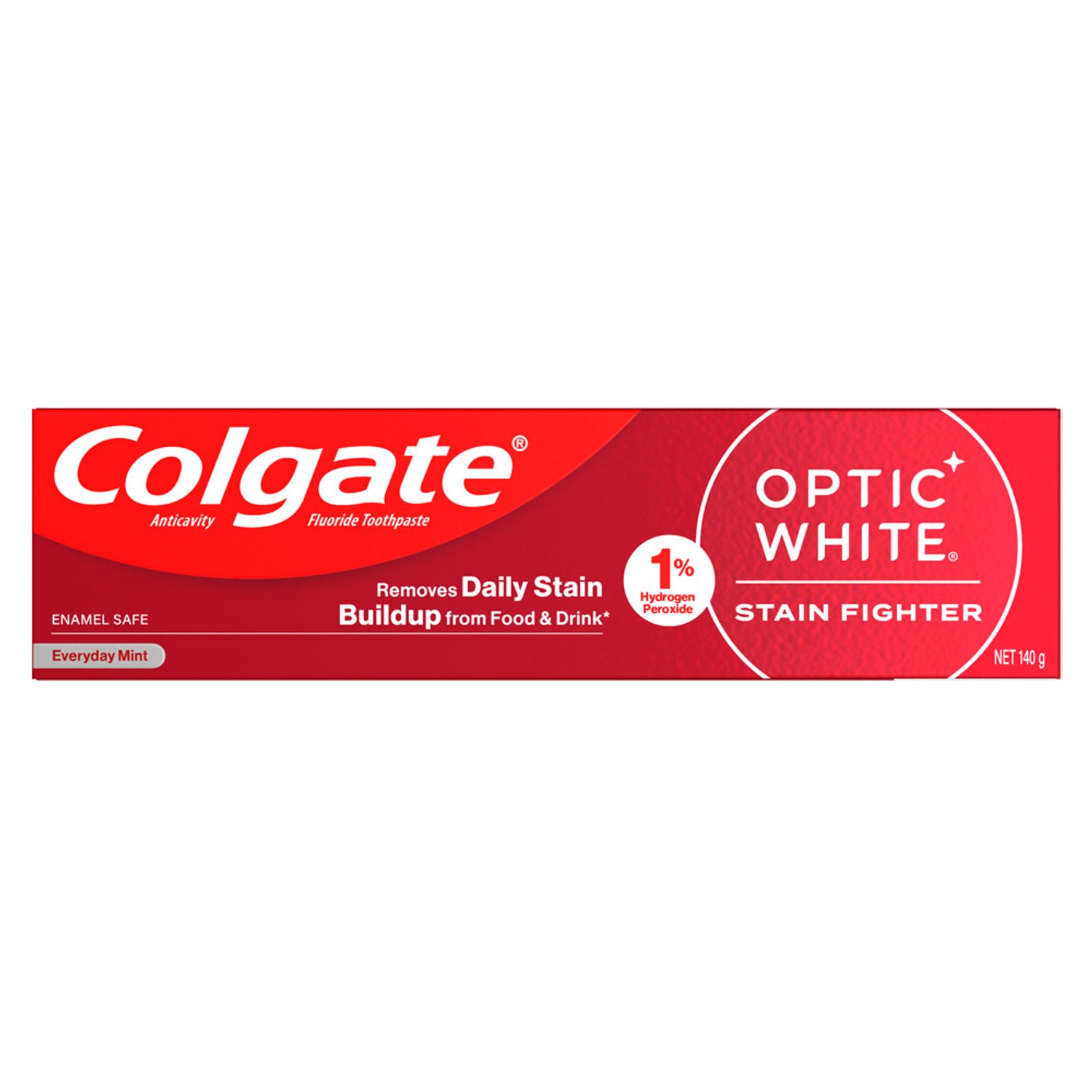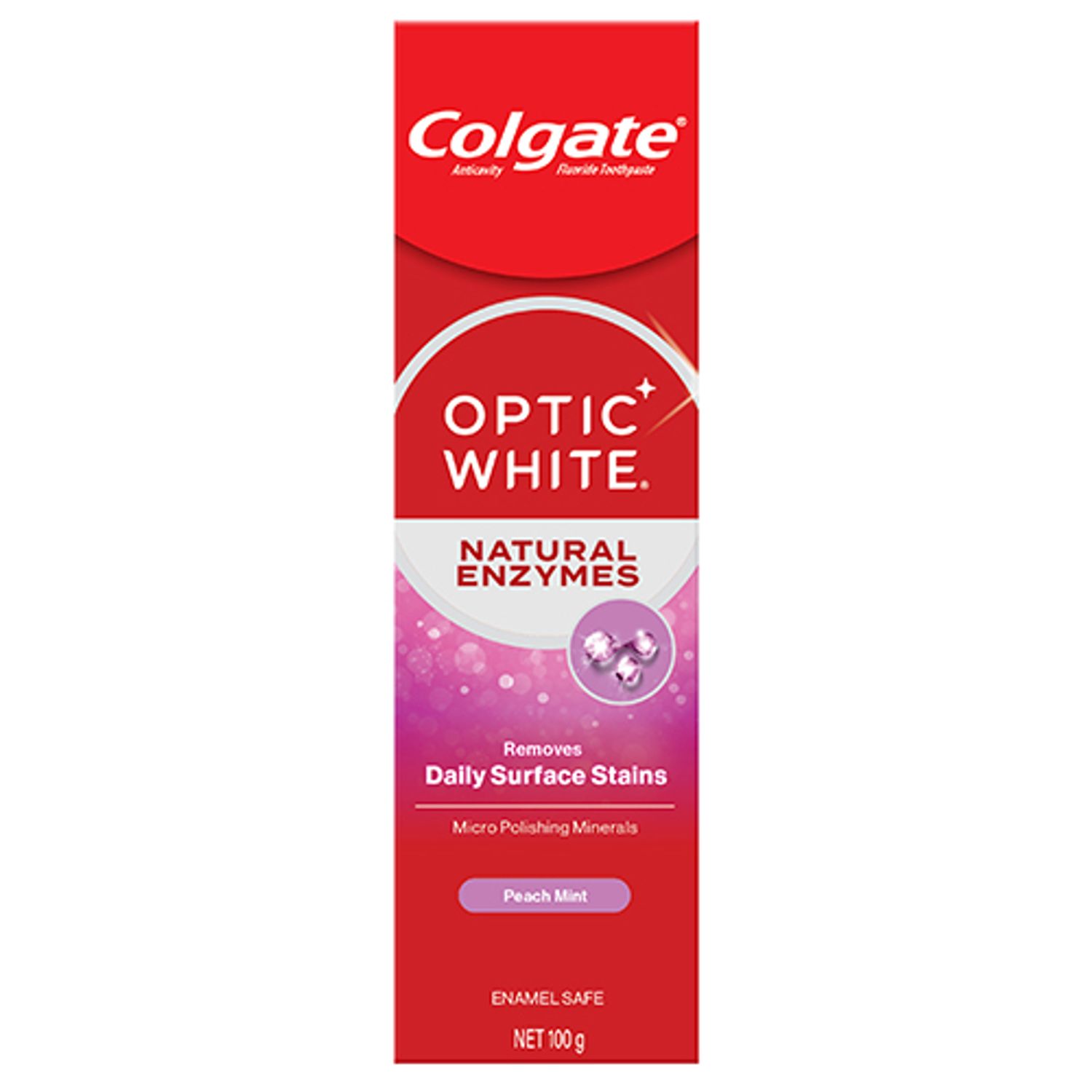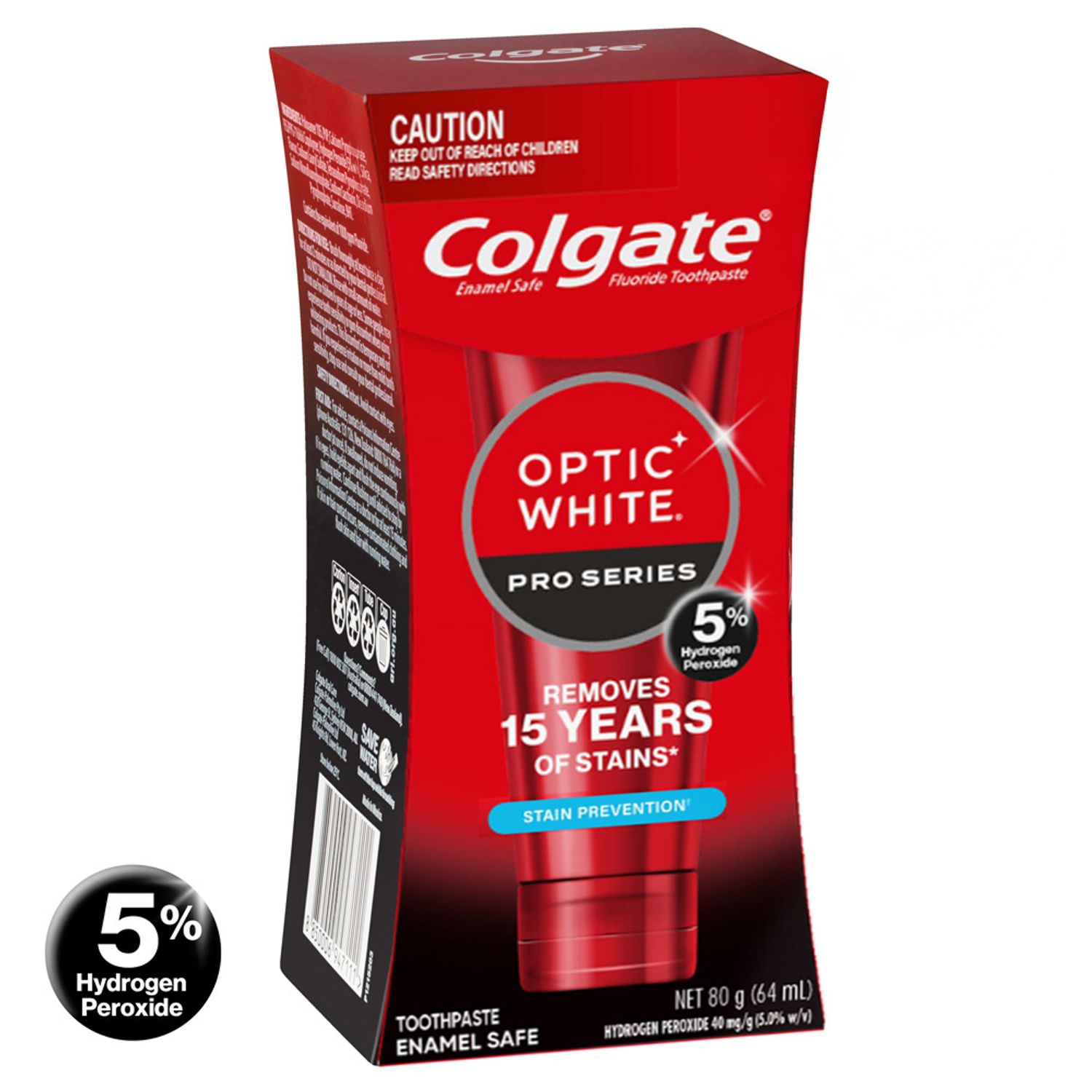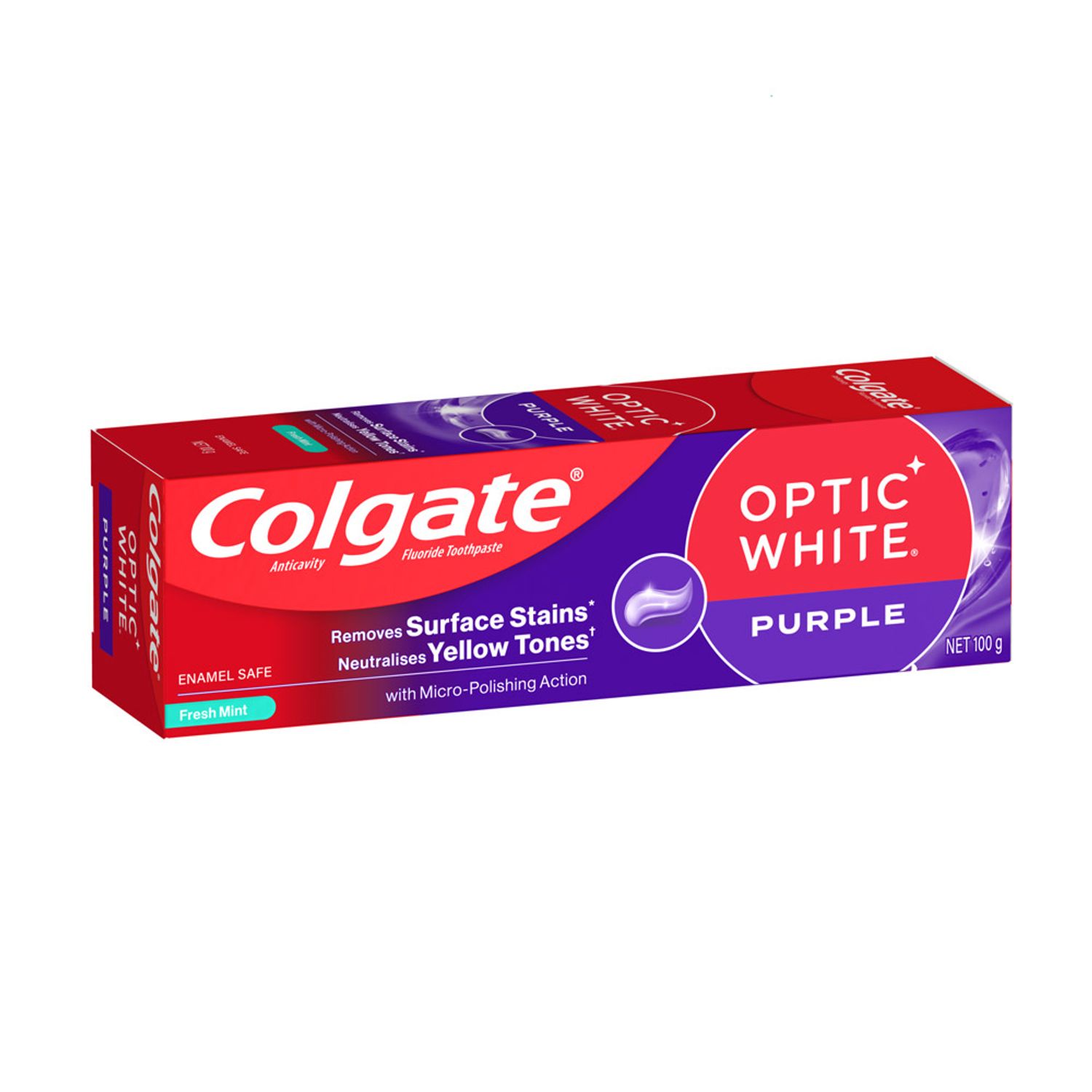1. Are you taking any medicines that cause your mouth to become dry? Do you have a disease that causes dry mouth?
Many adults take medicines that can cause dry mouth. This is also called xerostomia. Many common drugs have this side effect. They include antihistamines and medicines for allergies, anxiety and high blood pressure.
Some diseases also can cause dry mouth. The most notable are Sjögren's syndrome and diabetes.
Decreased saliva flow can increase your risk of dental decay. That's because saliva washes away bits of food that also feed decay-causing bacteria. These bacteria produce acids that decay teeth. Saliva helps to neutralize the acids. It also contains many minerals, including fluoride. These minerals help strengthen the enamel, the outer hard surface of your teeth.
If you are having dry mouth, try using a fluoride mouthwash. It can help to moisten your mouth and protect your teeth. You also can buy saliva substitutes at the pharmacy. Many people use them to replace the saliva they lack.
Sucking on sugar-free hard candy or chewing sugar-free gum increases the flow of saliva. Products that contain xylitol are the most helpful. This natural sugar helps to protect teeth from decay because the bacteria cannot use xylitol as food.
2. Have your gums receded so more of your teeth show? Or has your dentist told you that you have periodontal (gum) disease?
By the time you're an adult, you may already have some form of periodontal disease. This condition can cause your gums to recede and expose more of your teeth. Receding gums give bacteria more room to roam. This puts you at risk of getting cavities below the enamel, in the roots of your teeth. For example, more than half of adults over age 75 have had root decay. If your dentist has treated you for periodontal disease, your gums may have been reshaped. This process exposes tooth roots, which also can lead to decay.
To protect your teeth's roots, your dentist can paint a fluoride varnish or gel on them.
3. Have you needed a filling in the last year?
If you have had recent tooth decay, you're at risk for more. You still have the bacteria and other conditions in your mouth that can lead to cavities. The use of fluoride should be an important part of your daily oral health care regimen if you have prior cavities.
4. Do you have crowned teeth and/or bridges?
Crowned teeth are not safe from cavities. As long as some natural tooth remains, these teeth are at risk. The edges of fillings or crowns can be hiding places for decay-causing bacteria. Fluoride can protect the tooth from decay. In certain cases, it can stop the decay process and allow the tooth to remineralize.
5. Are you wearing dental braces?
"Braces make it difficult to clean all areas of the teeth. They provide niches where food can become lodged. The plaque that forms as a result contains bacteria that can cause cavities. Your dentist can recommend a fluoride rinse or gel. Applying this daily helps to protect the teeth against cavities.
6. Are you receiving, or have you received, radiation therapy to the head and neck?
Adults who get this type of therapy are at very high risk of tooth decay. That's because the radiation damages their salivary glands. This causes dry mouth. Saliva fights tooth decay, so people with dry mouth are at higher risk for decay.
If dry mouth results from radiation therapy, then it is important that you use generous amounts of fluoride to prevent decay. Your dentist can make a custom carrier (tray) to hold the fluoride gel. You place this tray over your teeth for 5 minutes each day to ensure longer contact with the fluoride. After applying the fluoride, you must not rinse your mouth for 30 minutes. You also should visit your dentist every 2 to 3 months, or as recommended.
What to Do
Regardless of their risk level, all adults should use fluoride toothpaste. Fluoride mouth rinses also are available over the counter. They can be used once or twice a day.
If you think you are at high risk of decay, ask about receiving fluoride treatments in the dental office. During a treatment, your dentist or dental hygienist will either paint your teeth with a gel or put a gel or foam into mouth guards. You will wear the guards for one to four minutes. You also can get a varnish or gel on the roots of your teeth. You'll be asked not to eat, drink or smoke for 30 minutes after the treatment.
Dental-office fluoride treatments provide fluoride at high levels.
Talk to your dentist to determine your risk of dental decay. You can reduce this risk in several ways:
Use fluoride products.
Brush twice a day and floss daily.
Reduce frequent snacking, especially carbohydrates.
Use an antimicrobial toothpaste and mouthwash.
Use a mouthwash that lowers the acidity (pH) of your mouth.
Use toothpastes that add minerals (besides fluoride) to strengthen your tooth enamel.
People can keep their teeth for much longer than was previously possible. The use of fluoride and good oral hygiene practices can ensure that your teeth remain healthy as you age.
9/24/2015
© 2002- 2017 Aetna, Inc. All rights reserved.This article is intended to promote understanding of and knowledge about general oral health topics. It is not intended to be a substitute for professional advice, diagnosis or treatment. Always seek the advice of your dentist or other qualified healthcare provider with any questions you may have regarding a medical condition or treatment.
